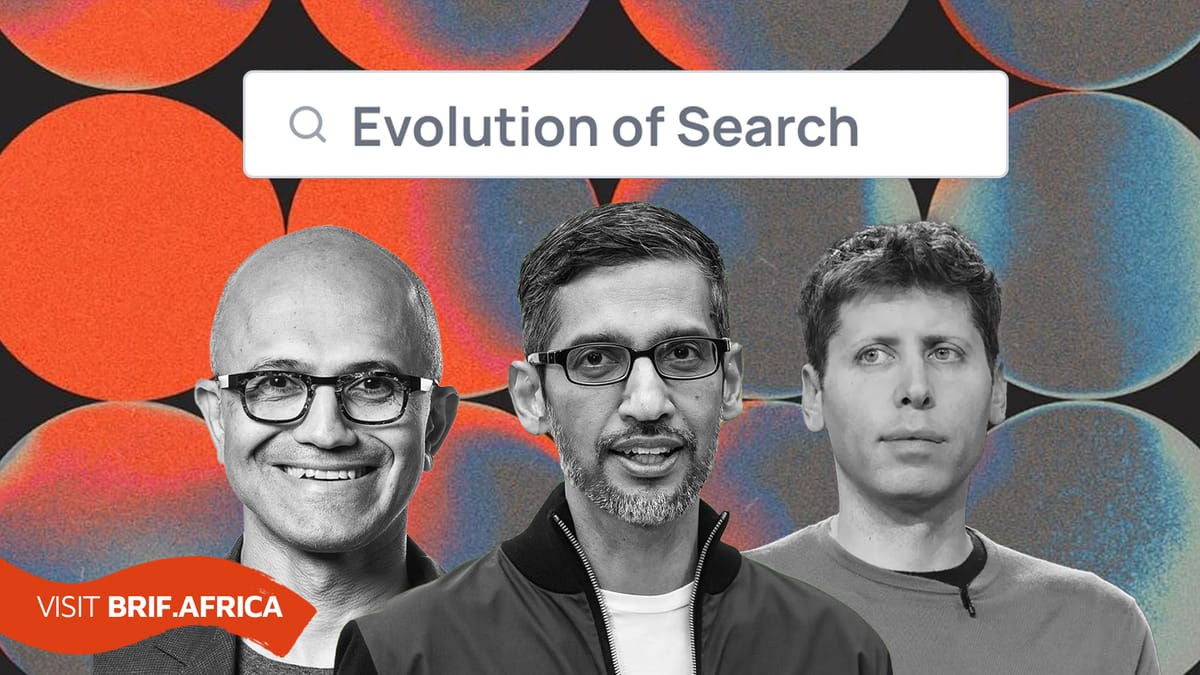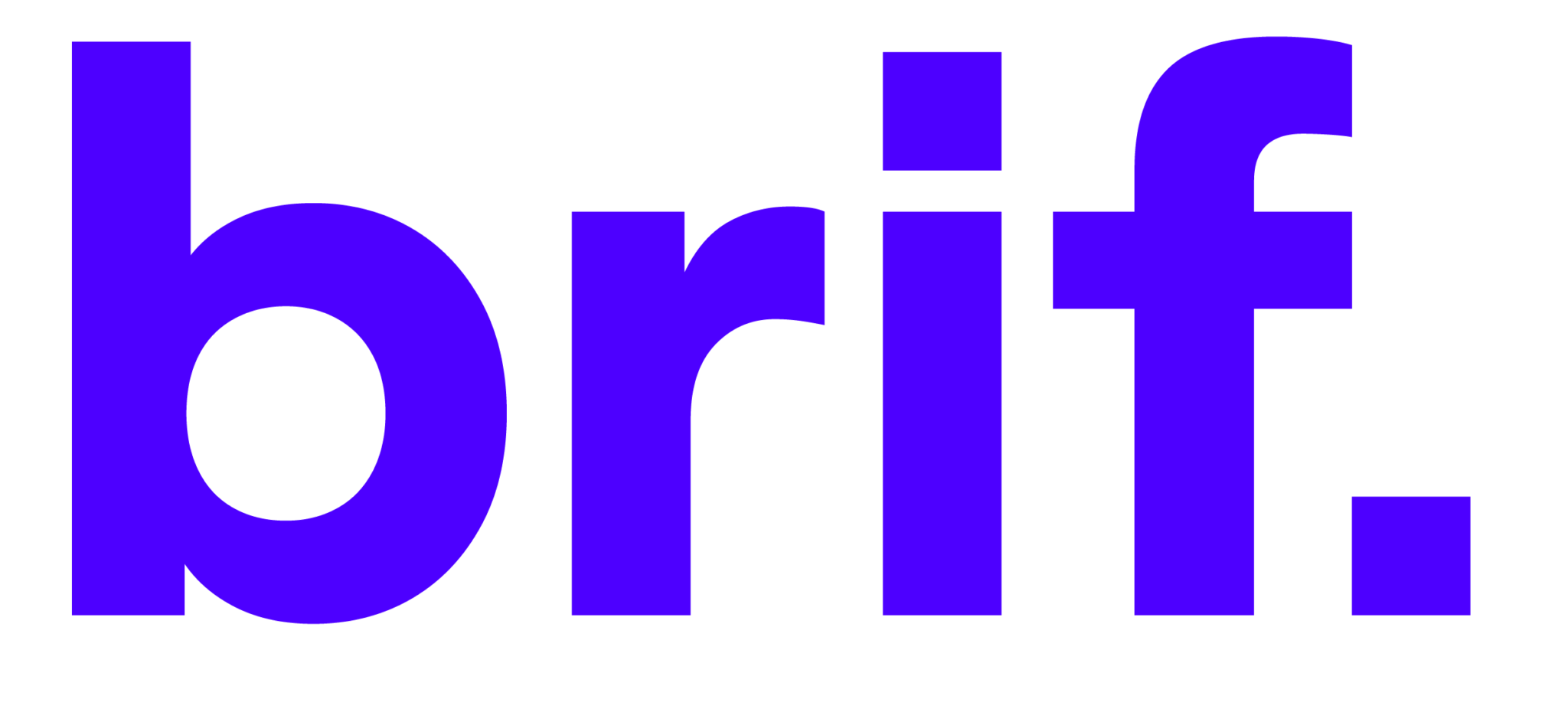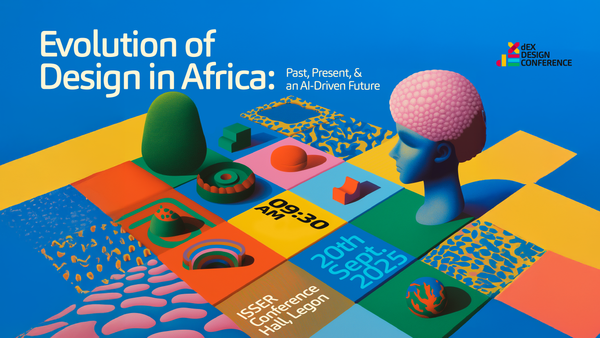The Evolution of Search Engines and the Rise of Conversational Search

A friend recently texted me to try out his Chrome extension, LeonidasGPT, which enhances the ChatGPT experience with features like searching, pinning, saving chats, and seamless organization. Using it made me reflect on how much Search, both as a tool and a service, has evolved over the years.
For myself, and many others, our introduction to the World Wide Web began with search engines. As a millennial, I grew up in a time when computers were not widely accessible, and the internet was even more elusive. I remember when mobile phones could not connect to the internet—but that soon changed. Telecom companies expanded internet service coverage, smartphone adoption increased, and soon our phones were beaming with internet access. The rise of social media followed, and for students, Google became the primary tool for conducting research and gathering information for homework and assignments.
The Story of Search
The story of search engines begins in 1990 with Archie, developed by Alan Emtage at McGill University. This pioneering search engine indexed FTP archives, allowing users to search for files available for download, marking the inception of automated searching before the World Wide Web (WWW) was fully realized.
In 1991, Tim Berners-Lee created a virtual library to help users find URLs, laying the groundwork for web navigation. By 1993, several early web crawlers emerged, including the World Wide Web Wanderer and Aliweb, which began indexing web pages and allowing users to search for content online.
In the mid-1990s, search technology evolved rapidly. Yahoo!, founded in 1994 by Jerry Yang and David Filo, began as a website directory and soon became popular by adding search capabilities. That same year, WebCrawler emerged as the first search engine to index entire web pages rather than just titles or headers, significantly improving user experience.
In 1998, Larry Page and Sergey Brin launched Google, transforming search with its PageRank algorithm that ranked pages by backlinks. Its simple design and accurate results quickly made it the market leader. As the internet evolved, Google updated its algorithms with Panda (2011), Penguin (2012), and Hummingbird (2013) to improve search quality and enhance understanding of user intent.
In 2015, AI-powered RankBrain further enhanced Google’s ability to process complex queries and improve user experience. From this trajectory, you can see Google's leadership in the search race; however, this dominance also extended into artificial intelligence. Yet this is where Google may have experienced delays.
Google has been working on advanced AI models such as LaMDA (Language Model for Dialogue Applications), which are designed to facilitate more natural conversations. However, these technologies took time to mature and integrate into their existing search infrastructure.
Then came OpenAI's release of ChatGPT, which raised the stakes in conversational AI technology. The public launch of ChatGPT in late 2022 created significant competitive pressure on Google. Microsoft’s early investment in OpenAI and subsequent integration of ChatGPT into its products positioned it as a frontrunner in conversational search capabilities.
The Problem with Traditional Search
Over time, traditional search engines like Google have faced significant limitations in data presentation and access. Google’s analytics tools, such as Search Console, often rely on data sampling, presenting only partial data. This practice can obscure user intent and reduce traffic insights, making it difficult to optimize content effectively.
Moreover, commercial interests—such as paid advertising—can influence search results, creating a conflict between providing unbiased information and satisfying advertisers. This can impact the quality and objectivity of the information users receive.
On a more technical side, one of the most pressing issues with traditional search engines is their handling of complex queries. These engines often struggle to understand nuanced or context-rich questions, frequently returning generic results that do not fully address user needs.
Conversational Search> Search
So what is conversational search? In short: it’s like ChatGPT!
Having worked at Copianto AI, I have some experience with conversational AI platforms that companies can use to build AI agents tailored to their customer service needs. A conversational search assistant is an AI-driven tool that understands and responds to user queries in a natural, human-like manner.
Users can ask questions in their own words and receive precise, context-based answers. These assistants are capable of processing large amounts of data quickly, making them ideal for customer support, e-commerce, and various business applications.
What sets conversational search apart is its ability to generate direct, synthesized answers from multiple sources and present them in a conversational format. This innovation makes it easier for users to grasp complex information without needing to sift through numerous links.
Search is changing, it's gone from “Search” to “Ask”, The Rise of Zero-Click Searches, traditional SEO practices are being challenged, and the Rise of Voice Assistants and Chatbot Integration, etc.
As we look ahead, the integration of conversational AI into search engines promises to create a more intuitive and user-friendly experience. The evolution from traditional search methods to conversational interactions will redefine how users access information online. Businesses and marketers must stay informed and adapt their strategies to thrive in this rapidly changing landscape. By embracing AI-powered tools and focusing on creating engaging content, they can position themselves for success in the future of search.
Niwaes, lemme know your thoughts and check out LeonidasGPT.





